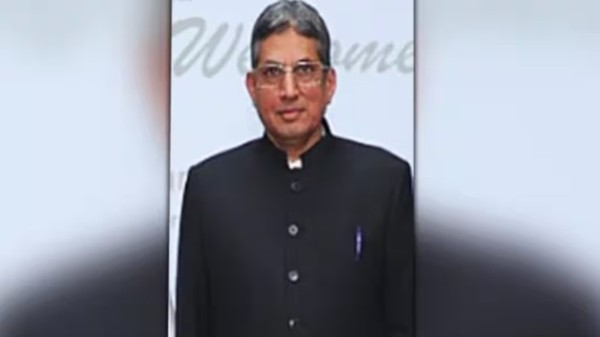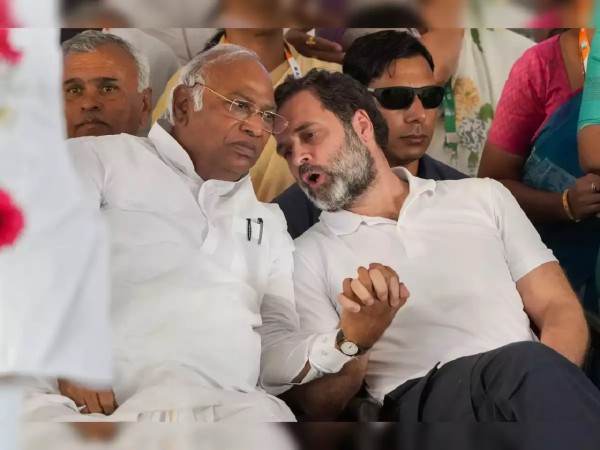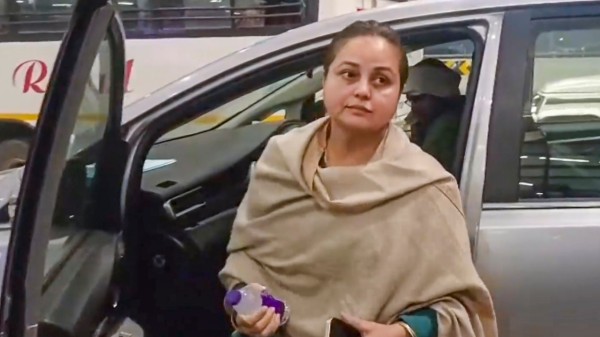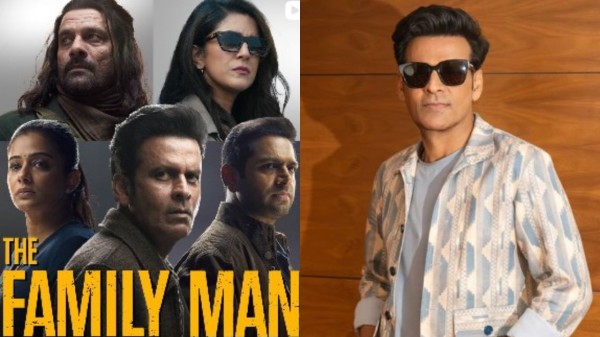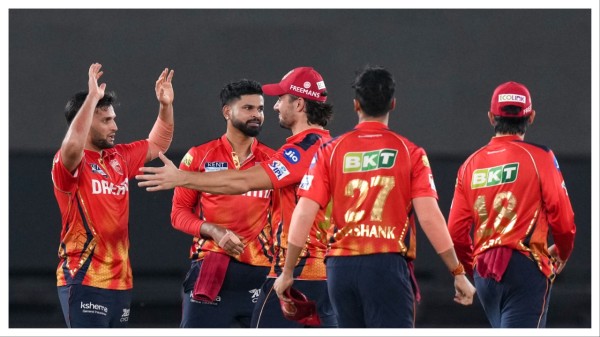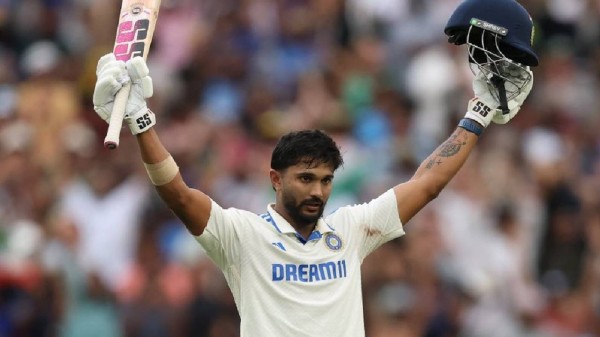

By signing in or creating an account, you agree with Associated Broadcasting Company's Terms & Conditions and Privacy Policy.


By signing in or creating an account, you agree with Associated Broadcasting Company's Terms & Conditions and Privacy Policy.
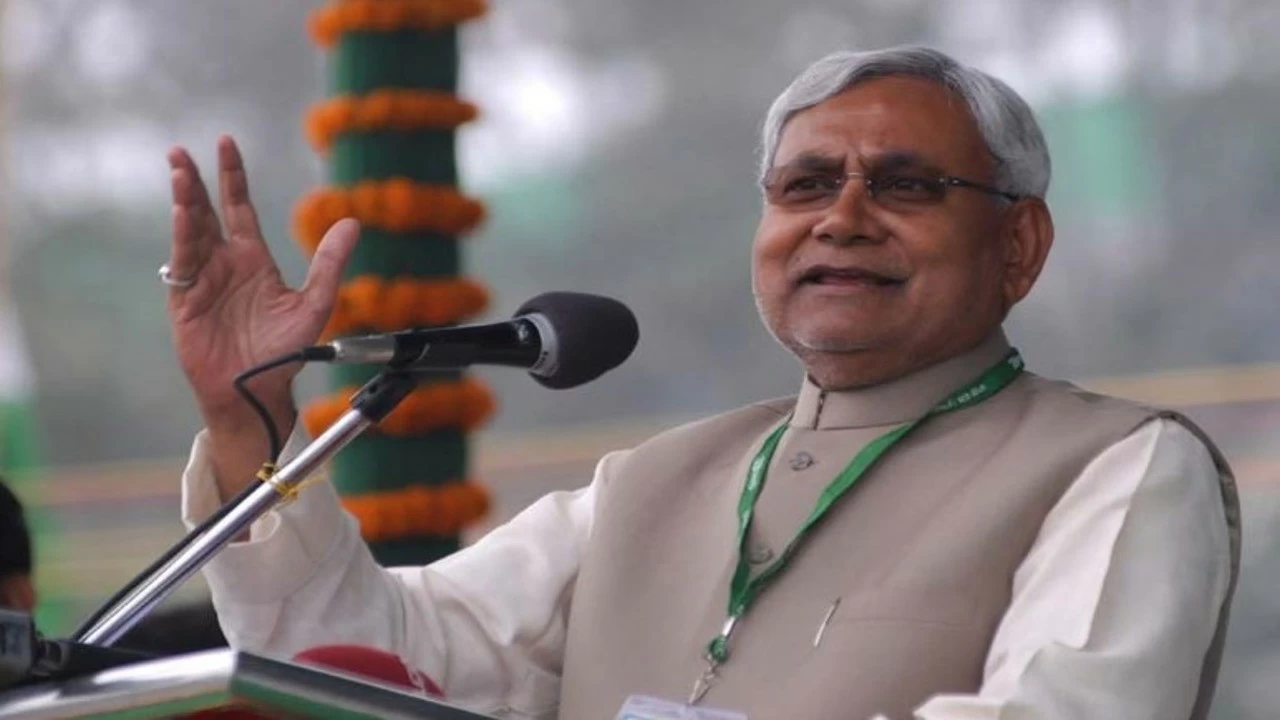
New Delhi: The National Democratic Alliance (NDA) swept the Bihar assembly elections by securing a staggering 202 out of the state's 243 seats. The coalition's dominant performance saw its key constituents, the Bharatiya Janata Party (BJP) and Nitish Kumar's Janata Dal (United) (JD(U)), clinching 89 and 85 seats respectively.
This decisive victory paves the way for Janata Dal (United) leader Nitish Kumar to assume office for his tenth term as Chief Minister. Kumar, already the longest-serving Chief Minister in Bihar's history, is set to extend his remarkable political tenure.
In stark contrast, the Mahagathbandhan faced a significant rout, with the Rashtriya Janata Dal (RJD) managing only 25 seats, the Indian National Congress plummeting to just 6, and the Left parties collectively securing a mere 3 seats. The Bahujan Samaj Party (BSP) and IIP each secured one seat.
Kumar's extended leadership in Bihar places him in the company of India's longest-serving Chief Ministers. Notable among these political stalwarts are:
Pawan Kumar Chamling (Sikkim): With an unparalleled tenure of 24 years and 5 months (December 12, 1994 – May 26, 2019), Chamling holds the record for the longest-serving Chief Minister in Indian politics. He led Sikkim for five consecutive terms, achieving a model of development, stability, and peace that garnered national recognition for his sustained public support.
Naveen Patnaik (Odisha): Serving for over 24 years (March 5, 2000 – June 12, 2024), Patnaik profoundly transformed Odisha's political and governance landscape. Known for his calm demeanour and decisive leadership, he remained one of India's most popular leaders despite his tenure concluding with the BJP's victory in the 2024 elections.
Jyoti Basu (West Bengal): A revered Left leader, Basu served as Chief Minister for over 23 years (June 21, 1977 – November 5, 2000). He was lauded for balancing political stability with party ideology and famously declined an offer to become Prime Minister of India.
Gegong Apang (Arunachal Pradesh): Amassing nearly 23 years across two terms (January 18, 1980 – January 19, 1999, and August 3, 2003 – April 9, 2007), Apang played a pivotal role in strengthening Arunachal Pradesh's administration and development, demonstrating remarkable political resilience.
Lalthanhawla (Mizoram): Accumulating 22 years across three terms (May 5, 1984 – August 21, 1986; January 24, 1989 – December 3, 1998; and December 11, 2008 – December 15, 2018), Lalthanhawla significantly contributed to Mizoram's development in infrastructure, healthcare, and education, cementing its image as a stable state.
Virbhadra Singh (Himachal Pradesh): Governing for nearly 21 years across multiple terms (April 8, 1983 – March 5, 1990; December 3, 1993 – March 24, 1998; March 6, 2003 – December 30, 2007; and December 25, 2012 – December 27, 2017), Singh was a deeply rooted leader whose development models were tailored for hill states, marking what is often considered a "golden period" for Himachal Pradesh.
Manik Sarkar (Tripura): With 19 years (March 11, 1998 – March 9, 2018), Sarkar ruled Tripura for 19 consecutive years. For his socialist ideology and strict discipline, Sarkar is regarded as one of India’s most modest and honest Chief Ministers.
M Karunanidhi (Tamil Nadu): Karunanidhi, also known as “Kalaignar," served as a chief minister for 18 years. He was one of the most influential leaders in Tamil Nadu’s political history.
Parkash Singh Badal (Punjab): Parkash Singh Badal was among the renowned leaders in Punjab’s political landscape who ruled the border state for 18 years. From becoming the youngest CM of India, Badal’s time in office is seen as a new dawn in Punjab’s agriculture, rural infrastructure, and administrative systems.
